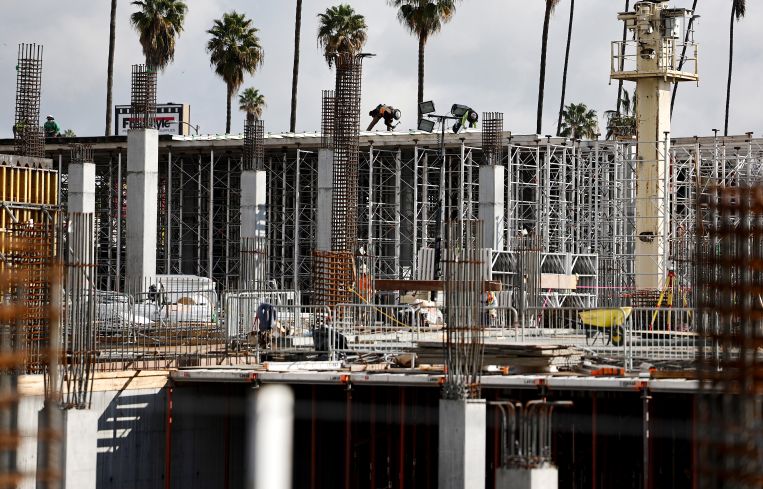California Supreme Court Rejects Challenge to LA’s ‘Mansion Tax’
Developer-backed group wanted to put the controversial Measure ULA back on the ballot with a higher threshold for passage.
By Nick Trombola June 24, 2024 3:17 pm
reprints
Los Angeles’ Measure ULA really does have nine lives.
The controversial city law, which imposes a tiered transfer tax on real estate sales of over $5 million, was saved by the California Supreme Court last week from reappearing as a ballot referendum this November, according to The Real Deal.
Measure ULA, colloquially known as the “mansion tax,” wouldn’t explicitly have been on the chopping block, however. The goal of the proposed initiative, sponsored by a collective of business entities, was to alter the voter majority percentage needed for a special tax vote to pass, from a simple majority to two-thirds. Real estate firms such as Shorenstein Properties, Kilroy Realty and Hudson Pacific Properties have spent millions of dollars on the campaign for the initiative, per TRD, citing donation records.
If successful, that initiative would’ve affected such bills passed retroactively from Jan. 1, 2022, requiring that they return to voters as referendums in 2025. Such a vote would’ve likely meant the end of Measure ULA, as well as dozens of similar state rules, per TRD. Measure ULA passed in November 2022 with about 58 percent of the vote.
Yet Gov. Gavin Newsom and state Democratic leaders disagreed with the tenets of the measure, dubbed the Taxpayer Protection and Government Accountability Act by proponents and the “taxpayer deception act” by detractors, suing last fall to stop it before it headed to voters. Newsom argued at the time that the majority rule change was an illegal method of changing the state’s constitution, and that it would cripple government programs by affecting their revenue sources.
The state’s Supreme Court agreed in a unanimous decision, ruling that proposed bills that seek to alter the California’s constitution must be presented to voters via proper channels.
Justice Goodwin Liu wrote in the court’s decision that such initiatives “are within the electorate’s prerogative to enact … but because those changes would substantially alter our basic plan of government, the proposal cannot be enacted by initiative. It is instead governed by the procedures for revising our constitution.”
Service Employees International Union (SEIU) California supported the court’s decision.
“… California[’s] Supreme Court ruling affirms what 700,000 SEIU members in California have long known: the taxpayer deception act was a flagrant attempt by a few extremely wealthy real estate developers to undermine our entire democratic system and our voice as voters and devastate the vital services Californians rely on, all to avoid paying their fair share,” said SEIU California President David Huerta in a statement.
As one would expect, however, Measure ULA opponents did not take the news well.
“By removing the Taxpayer Protection and Government Accountability Act from November’s ballot, the governor has stripped the ability of California residents’ sacred direct democratic process. Furthermore, he denied over 527,000 Angelenos their say in direct democracy he claims he defends by invalidating their signatures to qualify this initiative,” said Aidan Chao, chairman of the Los Angeles County Taxpayers Association, in a statement on behalf of the group’s board.
California Assemblyman Bill Essayli (R-Riverside) went a step further, calling the state a “fallen republic” on X in the wake of the court’s decision.
Still, Measure ULA isn’t totally out of the weeds just yet.
The U.S. Court of Appeals for the Ninth Circuit will review the law later this year after a federal judge ruled late last year to dismiss a case brought by another group of Measure ULA opponents, which call themselves Newcastle Courtyards. The group has called the law a “paradigmatic case of class warfare.”
Nick Trombola can be reached at ntrombola@commercialobserver.com.



